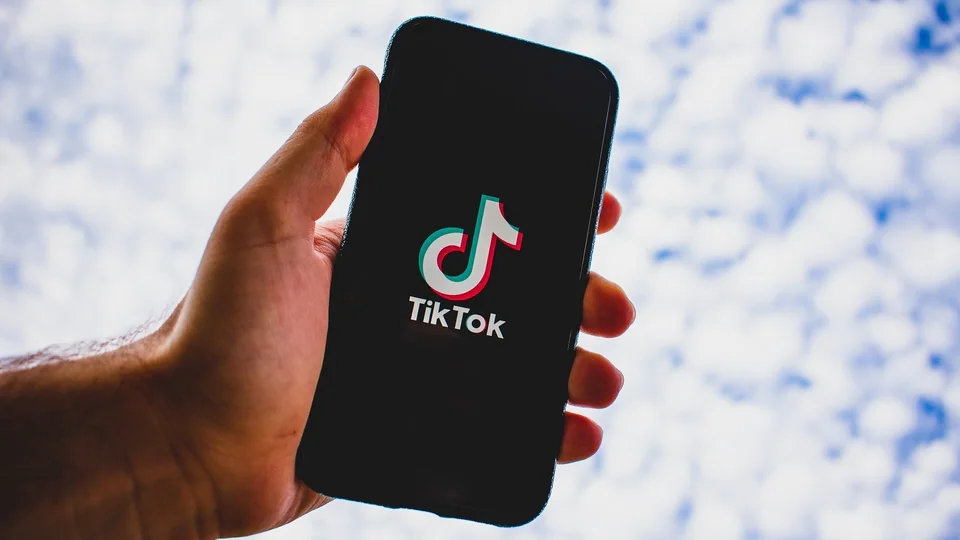
It is exactly what it says it is-BIG. Enormous amount of information or data is constantly created by many people through various methods. For example, when you play a video game post on Instagram or Facebook, or just surf the Intemet, data is generated.
This data may come from the communication with people you know, your laptop, smartphone or any other such device. All the data adds up and keeps growing progressively bigger.
It is so voluminous that the usual data processing systems or software tools cannot handle it. It needs to be analysed properly to gain the right insights into it. It is thus broken down by three characteristics, also known as the three Vs of Big Data- -volume, which is the amount of data that gets generated, velocity, or the speed at which it is processed, and variety, the differenttypes of data that gets generated.
While Big Data offers multiple ways to analyse data and use it to our advantage, it is vital to exercise caution while doing so.
Data is information that can be processed and put to use. Now, it is Big Data that has gained importance and is dominating the way companies work world over.
Importance
Have you noticed how, sometimes, Google may suggest new things which you may be interested in or like? How does it do that? This is because, all the data about you has been collected and processed and then used by the search engine to know your likes and dislikes.
Big data enables organisations to store, manage, and manipulate vast amounts of information. It helps companies improve the way they work, offer better customer services, and provide more personal offers or campaigns, among other things. In short, it is for the company’s benefit and to earn more profit. Its importance lies in not the amount of data a company has, but how it is able to use the gathered data.
Picture Credit : Google





